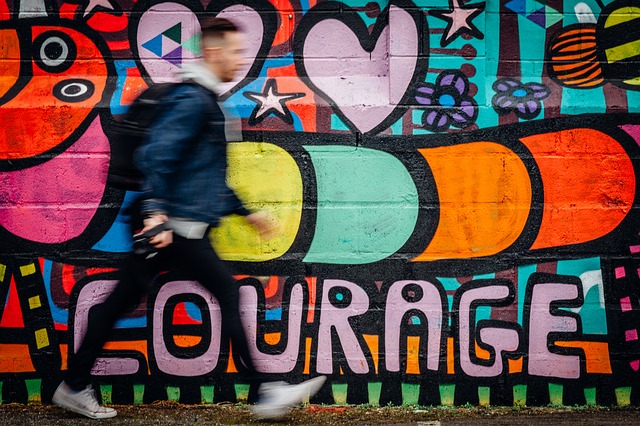Waking up after a night of binging on alcohol or using drugs is no fun after you have committed to live clean and sober. You are in pain emotionally, mentally, and physically. The guilt, shame, and disappointment feels overpowering. Your family members are devastated and probably angry. You find out that you have done things under the influence that you are not proud of, driving your car home, sending embarrassing text messages, drunk dialing, spending money you don’t have, and on and on. You want to throw in the towel and succumb to the urge of continuing the habit to numb the pain. You think “I have already messed up, why stop now?”
However, you hear another voice in your head that tells you to gather all your courage and get back on track. Kick into action and get solution-focused using some of the following means:
- Take responsibility but do not beat yourself up
- Take care of your body and get as much rest as you need
- Reach out to your support network, friends, family, sponsor, and therapist
- Identify what led to your relapse
- Revisit your sobriety maintenance plan and make necessary modifications
- Make amends with anyone who might have been hurt in the process
- Practice self-compassion and self-love by accepting what is in the past is in the past and move forward
Be hopeful and know that you will put this behind you over time. All wounds heal if we allow them to do so. The key is to actively work on your sobriety and do all that is necessary to maintain it. Don’t forget to enjoy the process. Recovery can be beautiful if you choose to make it so.
About the author: Dr. Seda Gragossian is the Clinical Director at the Talk Therapy Psychology Center in San Diego, where she helps people work through mental health issues such as anxiety, depression, trauma, addiction, and many others.
(858) 205-2490
Clinical Director
Talk Therapy Psychology Center
5935 Cornerstone Ct W, Ste 125
San Diego, CA, 92121


